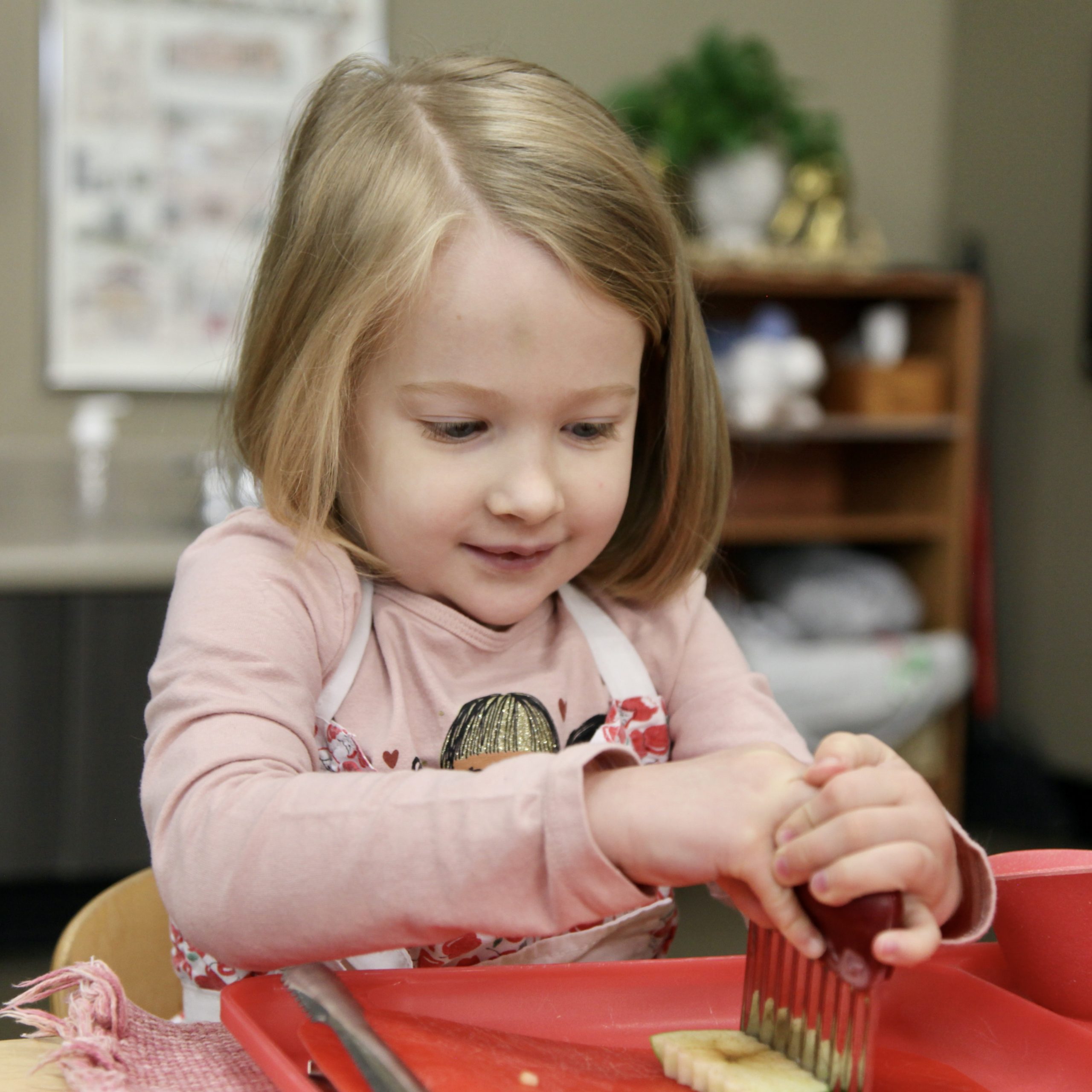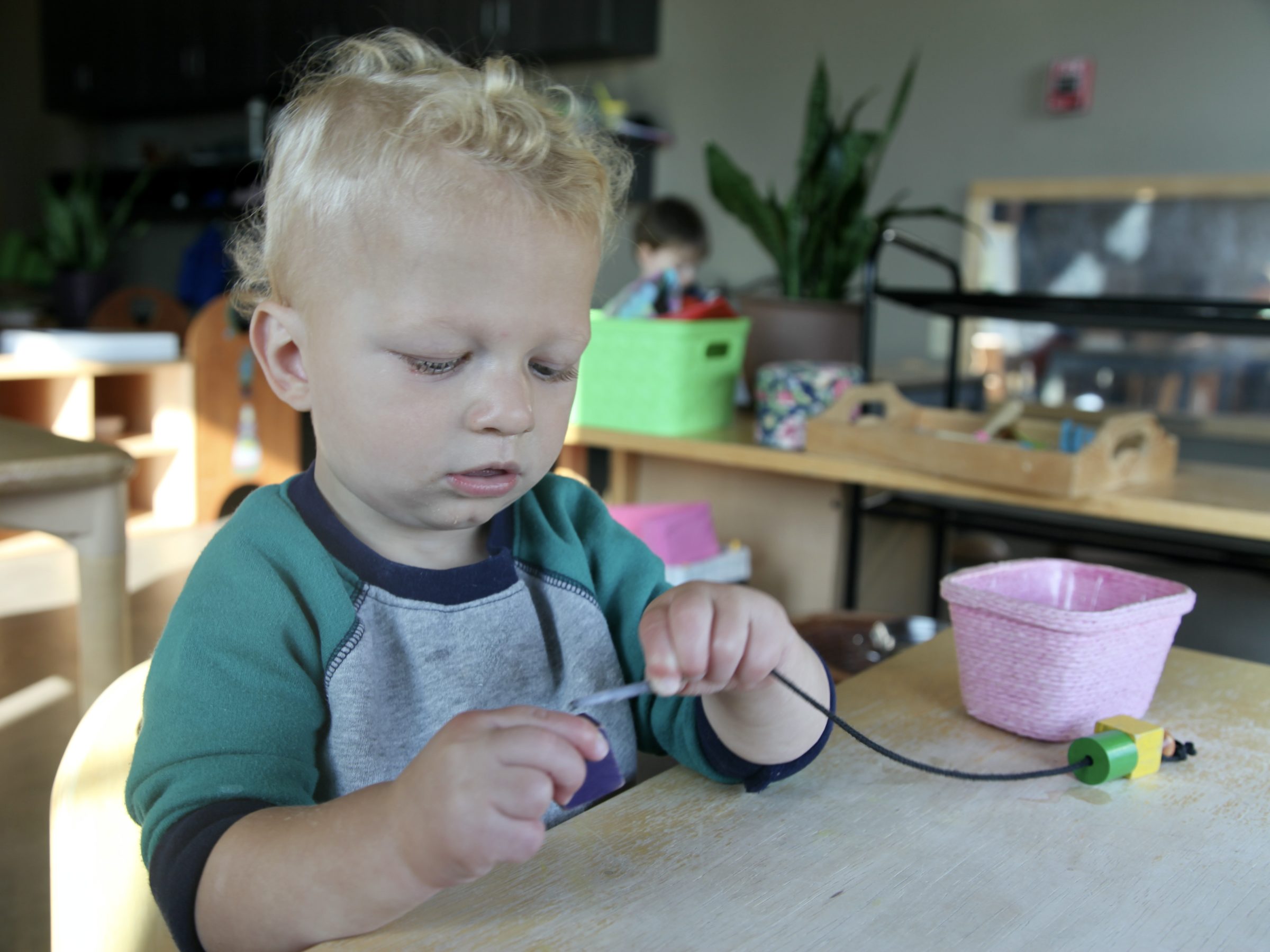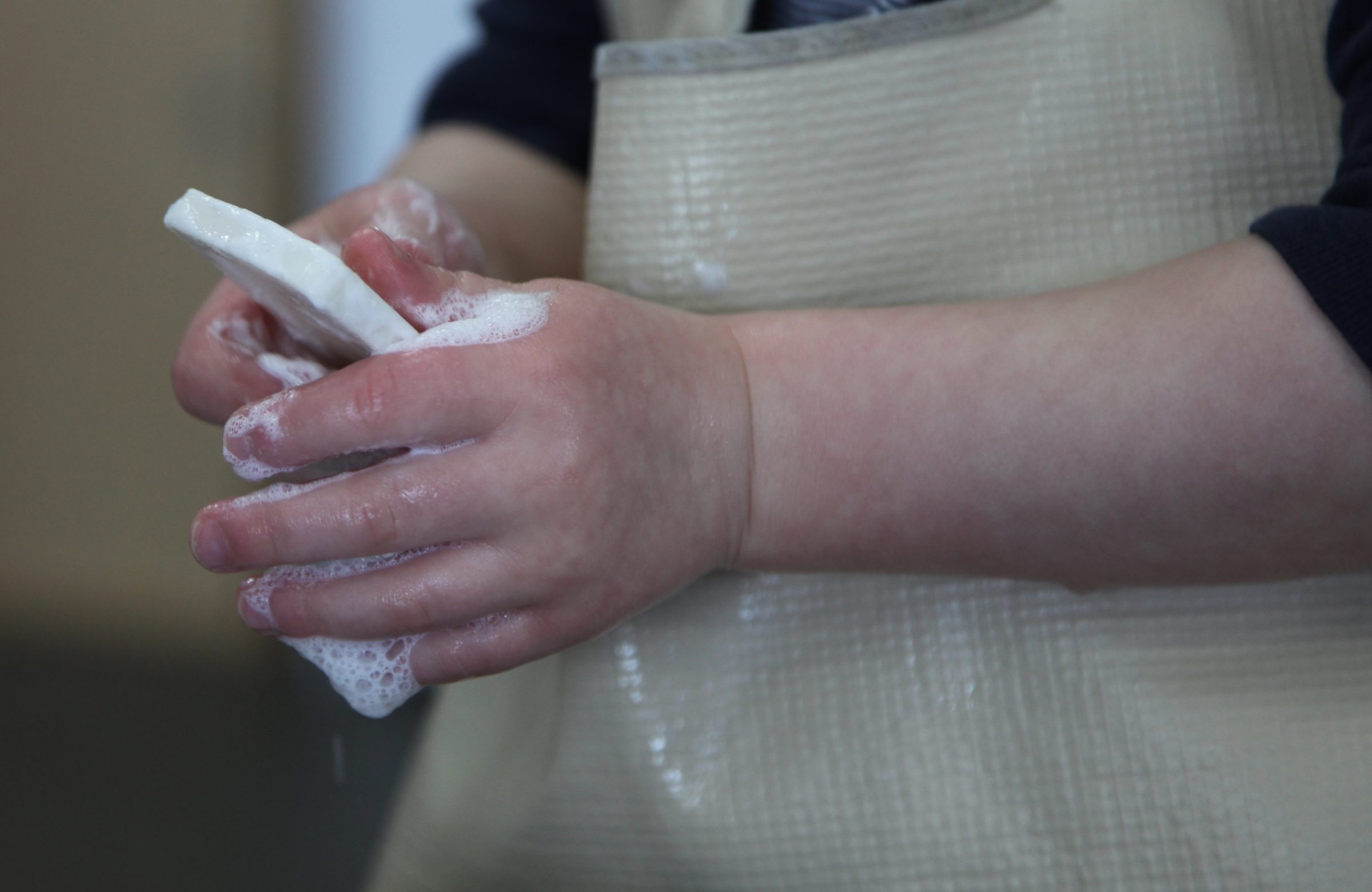Magic Words
Thoughts & Reflections
Words are magic. Toddlers learn that when you combine sounds or gestures in a particular order, adults love it and you get what you want. We’re actually relieved when young children start communicating in words or in sign, because when they’re infants we’re all just guessing. We know something is wrong, but we can’t necessarily figure out a solution. At least when they’re communicating using words or signs they know what they want.
Communication really is magic, but that’s not what this post is about. Maybe you’ve heard the phrase “magic words,” as in “what’s the magic word?” or “say the magic word?”
The magic word in this context is “please.” If this is an unfamiliar practice to you, the interaction might go something like this.
“Can I have some more milk?”
“What’s the magic word?”
“Can I please have some more milk?”
Many of us grew up hearing this phrase, and maybe you use the phrase yourself. It feels like a nicer way of telling a child to say “please.” The difficulty is, it’s also a little bit of a self-sabotage.
“Please” isn’t really magic, is it? Realistically, a child can either have more milk, or not. Please is a social contract that acknowledges the other person is doing you a favor. Please is more pleasant than demanding. But you can demand still using the word please, “Can I PLEASE have more milk?!?!?” and you can be very pleasant and not use the word please.

The real challenge comes when a child has internalized that please really is magic, and the option isn’t on the table. Can I please have that toy? Can Mom please pick me up today? If it’s not possible, the difficulty is that I’ve set up the expectation that please is magic, please gets me what I want. I followed all the rules, so why aren’t you?
There’s a similar experience, often between siblings, when one child is crying coming to an adult, and another is following closely behind saying, “I said sorry!!!” There’s a playground message that a transgression is “magically” resolved by saying sorry.
Sorry is the start of repairing the relationship, but only when it’s heartfelt, and reflected in actions. It’s not a magic rewind button. It doesn’t take away the hurt, just like please isn’t a genie’s lamp.
Please is learned by being modeled in adult interactions, and even through practice, such as “I’m going to show you how to ask for something, ‘Please can I have a piece of candy?’” Followed with a yes or no, both of which are great answers.
We’re so used to expecting and using please, we use it when it’s not appropriate. “Please can you stop yelling at me.” “Please can you stop throwing dirt.” Please don’t hit.” I don’t have to be disrespectful, but these aren’t appropriate uses of “please.” I don’t need permission to set a boundary to keep myself safe or to be treated with respect and kindness.
If please isn’t an innate part of your child’s requests, modeling when making a request (either of them or being intentional to include please in your requests of adults) is a great place to start. Children want to be just like their adults, and “do as I say, not as I do” never works. While “please” might not be magic, working to ensure your words, actions, and intentions are all in alignment is pretty close to magical.
Written by:
Charlotte Snyder



